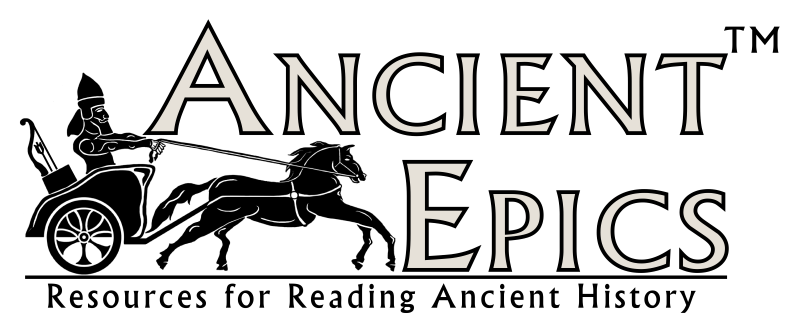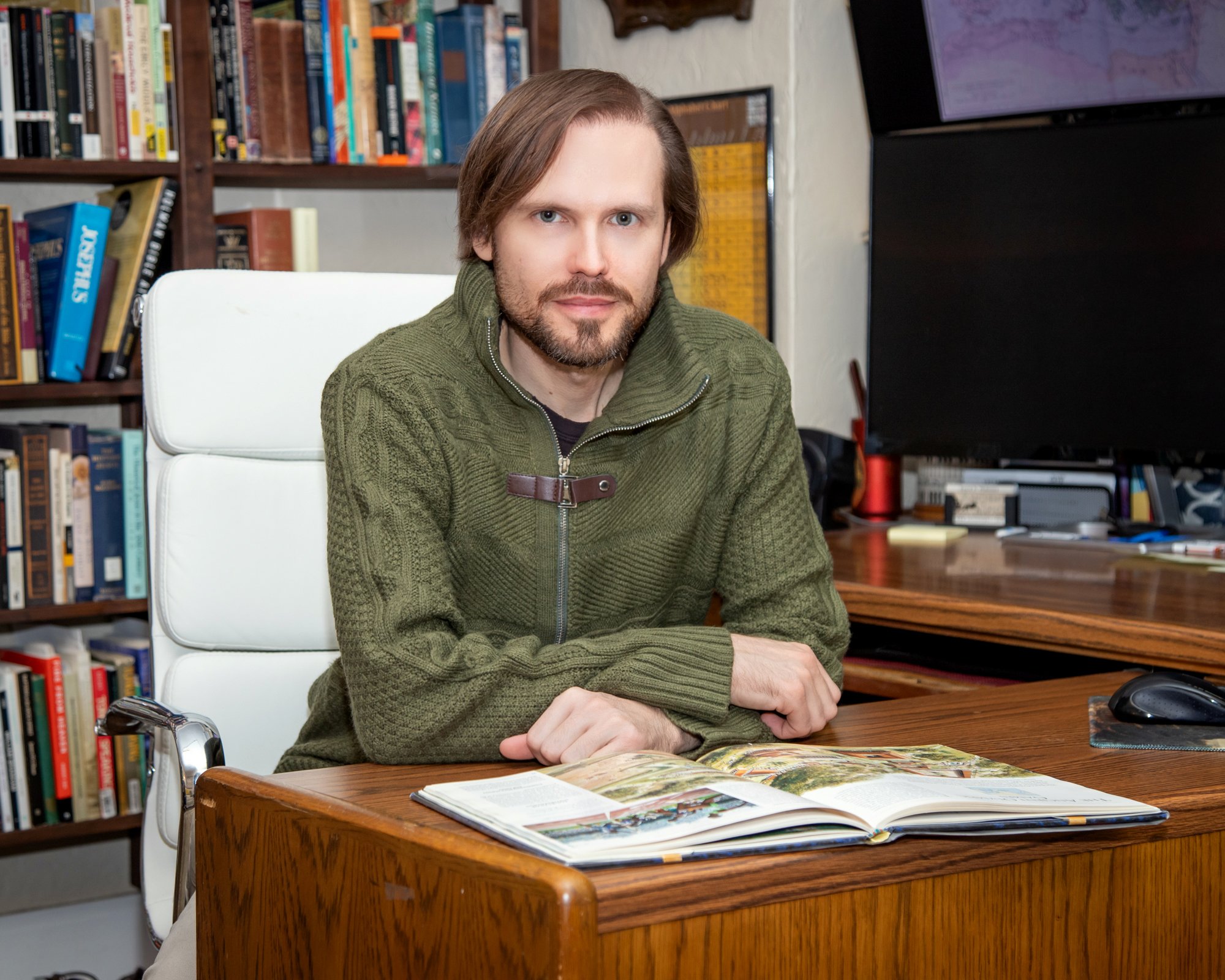
About Me
Taken by Steven Bourelle of Bourelle Photography, January 28, 2023.
From birth I was raised in the Christian tradition and began reading the Bible at an early age. I was then sent to a Lutheran grade school for the first two years. Afterward, I was home schooled due to health issues. Throughout my childhood my family frequented various groups of Christian communities, including Baptist. However, we mostly attended independent charismatic churches that espoused fundamentalist theologies.
Before I turned seventeen, in 1999, I took a job in metalworking and manufacturing and also joined a new church later that year. I have stayed in the industry of metalworking ever since, but my time in the church only lasted about eight years. After a couple years in the church, I had developed aspirations of going into ministry work; however, the extensive research I had undertaken compelled me to question my beliefs. Nonetheless, appreciation of my religious and cultural heritage remains with me and has led me to appreciate other cultures of the world.
About My Goals
I wish I could say I have a degree in ancient history, or at least in biblical studies, but unfortunately I cannot. The fundamentalist belief system in which I was raised did not go far in its pursuit of higher learning. Although the Christian fundamentalist outlook may work for some, it is now my conviction that any outlook that refuses to contemplate its place within the whole historical picture of the world will probably, in the end, do more harm than good.
This is not to say, however, that I am anti-religious. On the contrary, I have retained many ethical and meaningful concepts from my religious upbringing. After leaving my church, and struggling to figure out what I should believe, I courted the atheistic outlook that spends most of its time attacking religion; even so, I could not adopt that vision. After reading enough philosophy, as well as following the arguments posed by both sides, I am convinced that atheistic agendas, which are usually framed in terms of science against religion, can easily overstep the extent of their own arguments. In my search for concrete answers, the book that has helped me the most is The Territories of Science and Religion by Peter Harrison, an Australian Laureate Fellow at the University of Queensland. Here is a quote from his book that speaks to my perspective. Harrison writes that
“While it is certainly possible to project back modern notions of science onto the activities of the ancients, to do so uncritically does violence to the relations of natural philosophy with other aspects of ancient culture such as poetry, mythology, and religion.” (Harrison, The Territories of Science and Religion, 26.)
By “natural philosophy” Harrison means the ancient activity that most closely resembles modern science. In layman’s terms, then, he means to say that the ancients did not separate the activity of science from religion, or even from poetry and mythology, as do modern scientists. Therefore, I have come to think that many modern views misconstrue the sense of what motivated the activities of our ancestors. This is not to say that I am anti-science either, only that we should do our best not to allow our scientific preferences to distort our understanding of our shared cultural heritage. My conviction is that we can only understand ourselves if we can understand our ancestors from whom we have received our cultural identities and social structures.
Regardless, however, religious debate and the philosophy involved has not held my interest. Instead, ancient history as well as the study of mythology and legend has continued to fascinate me. I will always have a sentimental attachment to the Judaeo-Christian tradition, and especially to the Hebrew Bible, but I have now come to appreciate the value of other cultures as well, such as ancient Egypt, Mesopotamia, Greece, and Rome—along with many others.
In 2009, I started the Hebrew Heritage Learning Center website showcasing my catalogue of the instructions of the Torah and my ongoing studies of the Hebrew culture’s influence on the world. Ancient Epics is my expansion of those goals to include the study of the whole picture of the ancient world. After researching for a decade, and struggling to find my way, I could not restrict my scope of learning so narrowly. But my goals are still somewhat focused. My historical interest is squarely set on the arc of history from the founding of the first cities of Sumer and Egypt, through the cultures of the Fertile Crescent and the events of the Hebrew Bible, to the triumph of Christianity and fall of Rome in the fourth and fifth centuries CE.
Throughout my years of research, I have come to respect and identify with the academic program, and thus do not wish to continue to produce too many materials before gaining some academic oversight or review. My initial impetus to research and write came from recognizing the negligence of my religious leaders. Therefore, I see no reason to abandon what I started. However, there are indeed too many amateur enthusiasts who have created more confusion than enlightenment on these subjects, especially in regard to biblical studies. Unless or until I can obtain some proper education, I will keep my projects modest, such as producing the posters. Nonetheless, if I am unable to acquire a degree, my goal will always be to point people toward academics who have the best answers to historical questions.

